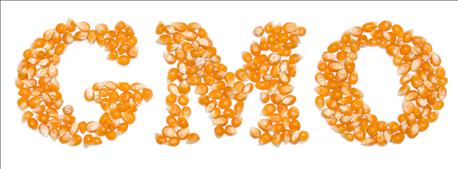
With the implementation of a Vermont law on genetically engineered labeling looming, the stakes were high for two meetings recently hosted by Secretary of Agriculture Tom Vilsack to bring together different sides of the GMO labeling debate. The hope was to find something that provides consumers the information they seek while not stigmatizing biotechnology or placing undue cost burdens on producers and consumers.
However, in the end there was not enough common ground to emerge from the room with a GMO labeling proposal agreed upon by leaders from both camps.

For one camp, Tara Cook-Littman, founder of GMO-Free Connecticut; Gary Hirshberg co-founder of Stonyfield Farm and chairman of Just Label It; Scott Faber vice president of government affairs for Environmental Working Group; Chris Miller social mission activism manager for Ben & Jerry’s; and David Bronner cosmic engagement officer for Bronner’s Soaps were in the room.
For the industry, Randy Russell, president of the Russell Group represented the Grocery Manufacturers Assn.; J.P. Bilbrey, chairman and chief executive officer of the Hershey Company and chairman of GMA’s board of directors; Chuck Conner, president and chief executive officer of the National Council of Farmer Cooperatives; Steve Censky, chief executive officer of the American Soybean Assn.; and Paul Grimwood, president and chief executive officer of Nestle USA.
Last summer the House has passed a bill creating a uniform national voluntary food labeling standard and sets up the U.S. Department of Agriculture to oversee a certified “GMO-free” label similar to what it does for organics.
Although details from the meeting were kept hush-hush, there was some discussion that a potential solution may include a mandatory system of disclosure using QR codes – likely based on the food industry’s SmartLabel program.
“We are thankful to Secretary Vilsack for the time he spent with us, but in the end, there was not enough common ground to emerge from that room with a GMO Labeling proposal agreed upon by leaders from both camps. Our request is simple: On package disclosure of GMOs. We want the same rights that the citizens of 64 other countries already enjoy. And, with Vermont implementing in July, we will not accept any federal law that does not meet or exceed the standards being set by the states,” Cook-Littman said in a blog post.
And so it appears from Cook-Littman that those seeking mandatory labeling do not plan to back down. However, Cook-Littman did exit the meetings knowing that the only thing that stood between the passage of the House version was a number of Senate Democrats.
“Make no mistake about it, while we are very close to winning this fight, we are also on the verge of losing it,” Cook-Littman said.
About the Author(s)
You May Also Like






